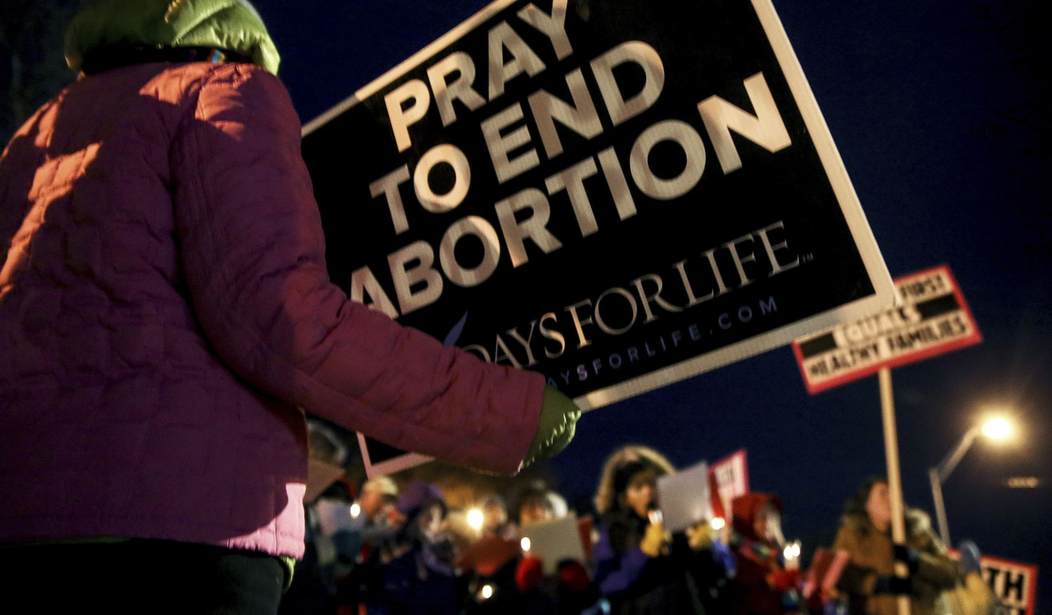On Monday, Colombia became the latest Latin American country to partially decriminalize abortion. The country’s Constitutional Court in Bogota ruled in favor of legalizing abortion up to 24 weeks of pregnancy.
The New York Times noted that in recent years, both Argentina and Mexico have decriminalized abortion. Mariana Ardila, a Colombia lawyer with Women Link Worldwide, which was part of the coalition that brought one of the cases challenging the criminalization of abortion in Colombia, boasted that the Court’s decision is “historic” and “puts Colombia on the vanguard in Latin America.”
The Times added that the decision to decriminalize abortion “is part of a cultural sea change across Latin America, spurred by grass-roots feminist movements and a younger, more secular generation.” The report added that the decision, sparked by Argentina’s legalization of abortion in 2020, showed that “it was possible to legalize abortion in countries with strong Catholic and evangelical Protestant beliefs and a history of patriarchal ideals.”
Jonathan Silva, who works for Unidos Por La Vida, an pro-life organization, told the Times that “what they’re [Colombia’s Constitutional Court] decriminalizing is the killing of human beings.”
Colombia’s partial decriminalization of abortion comes as the United States moves in the opposite direction, with states like Texas and South Dakota enacting legislation to protect unborn lives. In Texas, a law went into effect in September that banned abortions after fetal heartbeat detection. Late last year, South Dakota Gov. Kristi Noem signed an Executive Order banning telemedicine abortions.
Recommended
On Dec. 1, the Supreme Court of the United States (SCOTUS) heard oral arguments in the case Dobbs v. Jackson Women’s Health Organization, which could overrule landmark decision Roe v. Wade. In 1973, Roe gave American women the right to obtain an abortion. According to a January report from Fox News, an estimated 62 million abortions have occurred in the United States since.
Dobbs surrounds a 15-week abortion ban in Mississippi, similar to legislation introduced this month in Arizona and Florida, which Townhall reported. A Florida lawmaker in favor of implementing a 15-week restriction on abortions revealed that she once had an abortion and that she has “regretted it everyday since.”
In an amicus brief filed last summer ahead of Dobbs, Mississippi Attorney General Lynn Fitch wrote that “Roe and [Planned Parenthood v. Casey] are egregiously wrong. The conclusion that abortion is a constitutional right has no basis in text, structure, history, or tradition.”
“So the question becomes whether this Court should overrule those decisions,” Fitch added. “It should.”

























Join the conversation as a VIP Member